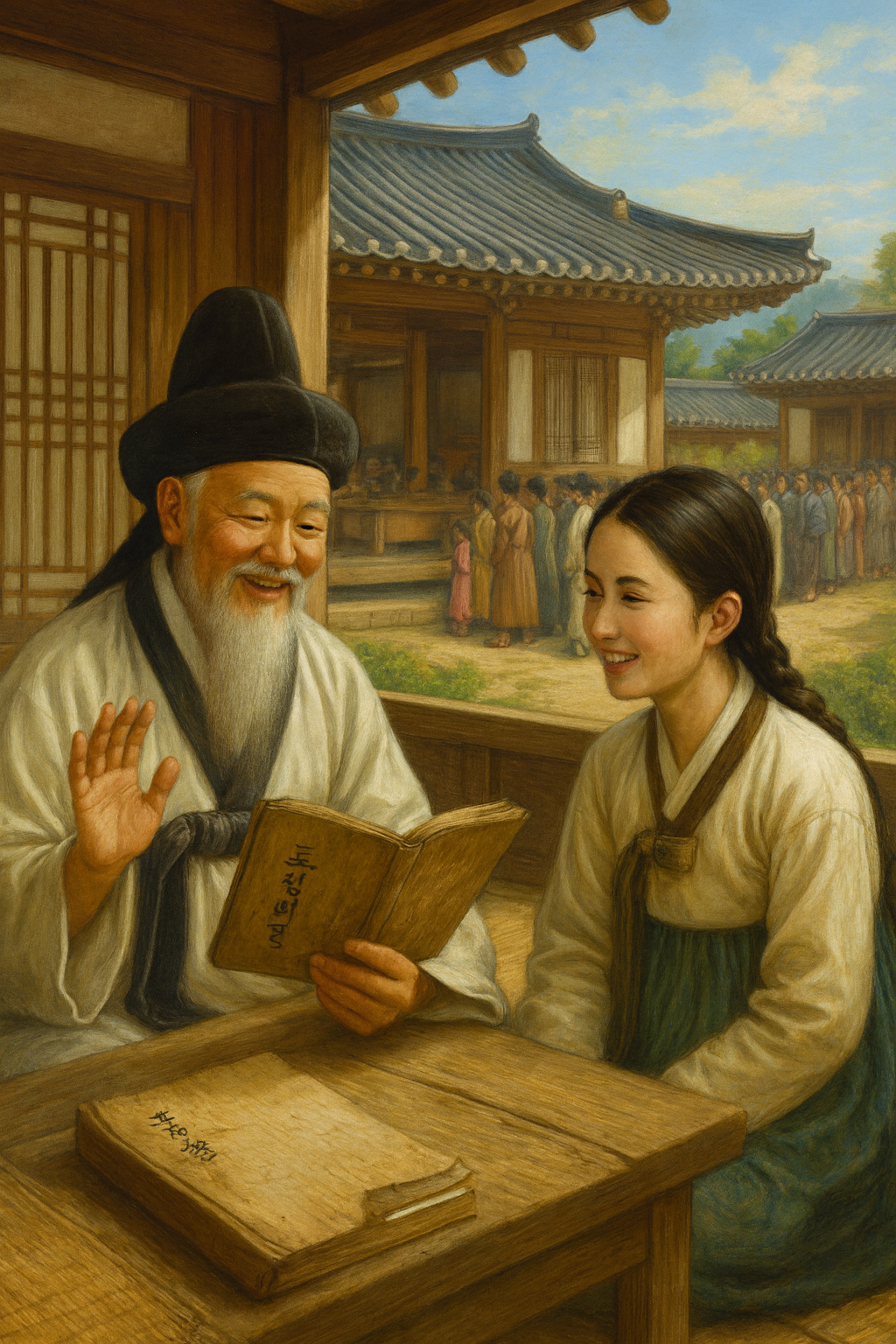
Who is Tojeong Lee Ji-ham
Life and Career
Tojeong Lee Ji-ham was born in Jeonju in 1517, the 12th year of King Jungjong's reign. From a young age, he excelled in academics and showed deep interest in I Ching and astronomy.
In his youth, he passed the civil service examination and continued his studies in divination while serving in government positions. In Joseon society at that time, divination held an important position, and Tojeong demonstrated exceptional talent in this field.
In his later years, he resigned from government service and returned to his hometown Jeonju to focus on mentoring younger generations. During this period, he wrote 'Tojeong Bigyeol (土亭秘訣)' and passed down the 500-year tradition to posterity.
He passed away in 1578 at the age of 62, but his teachings and divination methods have been passed down to this day and are recognized as the pinnacle of Korean divination.
Hometown - Jeonju
Jeonju is the capital of North Jeolla Province in Korea and has flourished as a center of learning and culture since ancient times.
Jeonju, where Tojeong Lee Ji-ham was born, was a cultural city where many Confucian scholars and literati lived during the Joseon Dynasty.
The scholarly atmosphere of this place is believed to have greatly influenced Tojeong's divination research.
Tomb and Memorial
Tojeong Lee Ji-ham's tomb is located in Jeonju, and many people still visit to pay their respects.
A memorial monument praising his achievements has been erected at the tomb site, with his great accomplishments engraved on it.
Every year, diviners and researchers gather at the tomb to pledge to inherit his teachings.
The tomb is protected as a Korean cultural heritage and recognized for its historical value.
Legends and Anecdotes
The Story of Interpreting the King's Dream
One day, the Joseon King had a mysterious dream. Tojeong Lee Ji-ham accurately interpreted the dream and prophesied the future of the nation. The prophecy came true, and the King was greatly astonished.
The Story of Saving the Farmers
In a year of severe drought, seeing the farmers in distress, Tojeong performed a rain-making ceremony. The next day, rain began to fall, and the farmers were saved.
His Final Teaching to His Disciples
On his deathbed, Tojeong left his disciples with the words 'Heaven helps those who help themselves.' This was a teaching about the importance of human effort and good deeds.